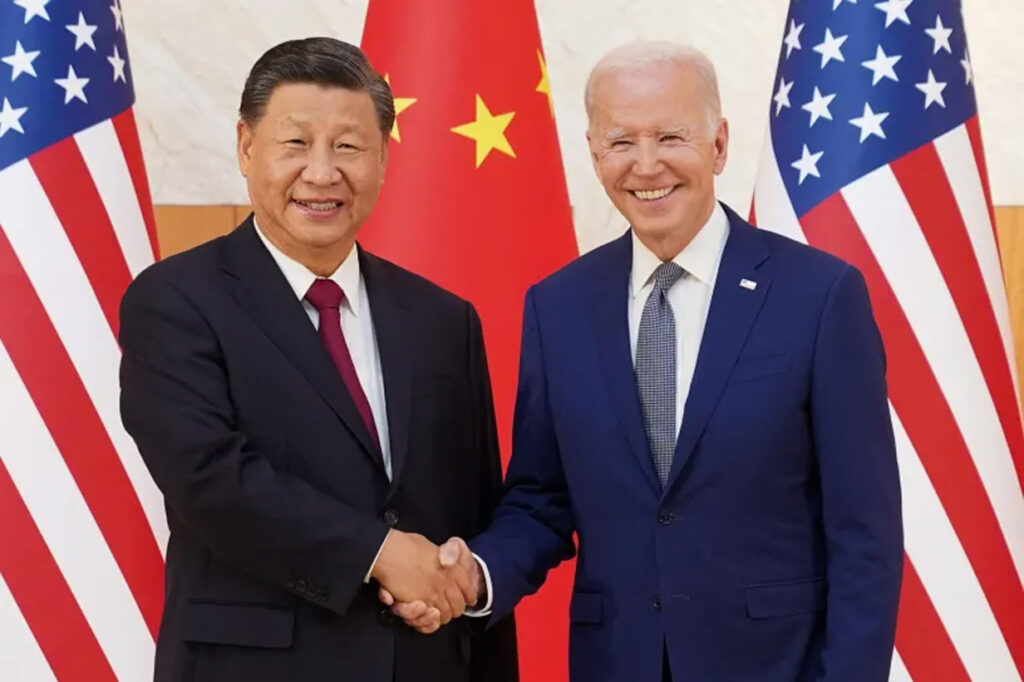In a major diplomatic development, President Biden of the United States and Chinese President Xi Jinping are set to meet in the scenic San Francisco Bay Area. This pivotal summit, scheduled for next Wednesday, marks the first in-person dialogue between the leaders in over a year, signaling a potentially significant turn in international relations.
The summit’s agenda is expected to be extensive, covering a gamut of pressing global issues. Top on the list are the Israel-Hamas conflict, North Korea’s provocative stance, and China’s support for Russia during its ongoing conflict with Ukraine. The discussions promise to be intense and wide-ranging, reflecting the multifaceted nature of U.S.-China relations.
The Biden administration has its sights set on key agreements, particularly in areas of military engagements and the pressing issue of fentanyl production, where China’s role is crucial. Conversely, China, grappling with economic challenges and heightened U.S. technology restrictions, seeks a reprieve in these talks, with a particular focus on the sensitive issue of Taiwan’s status.
Beijing’s firm stance on being recognized as a rising global power adds a layer of complexity to the talks. The U.S. is wary, especially given China’s recent territorial assertiveness in the South China Sea and its closer alignment with Russia. This skepticism is echoed in the cautious expectations both governments have set for the summit, aimed primarily at managing competition and maintaining open communication channels.
The preparations for this summit have not been without challenges. The Biden administration has engaged in intricate diplomatic negotiations, signifying the significance of this engagement. With the U.S. eager to address key concerns, perhaps too eager, we see Biden at a distinct disadvantage. China sees Biden as a weak leader and has taken advantage of him at every turn. In addition, China has compromised President Biden’s son Hunter and by extension President Biden, and Xi will expect to get what he paid for.
Congressional voices calling for a tougher stance on China add another dimension to this high-stakes meeting, reflecting the domestic pressures that shape U.S. foreign policy.
The outcomes of this meeting could have far-reaching implications, not just for the U.S. and China, but for global peace and stability. Frankly, little will come out of this as a positive for the West, and we believe other Western leaders should be nervous.
